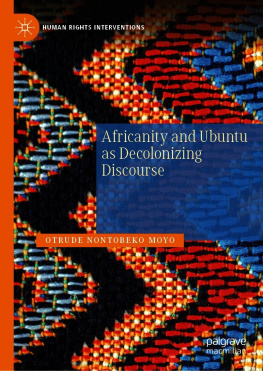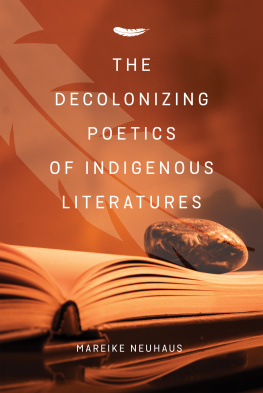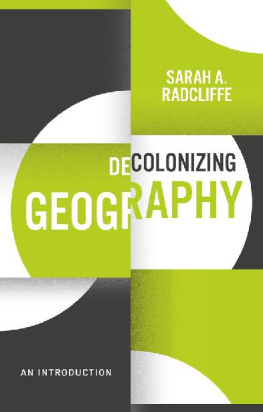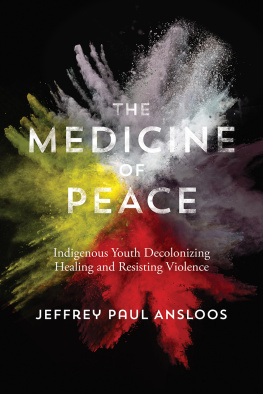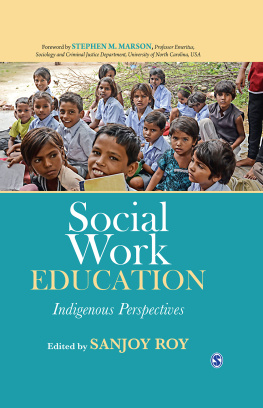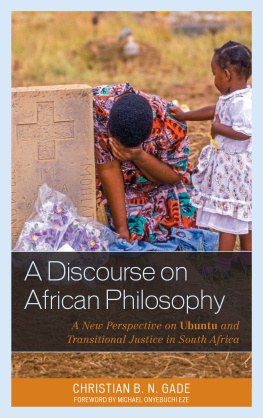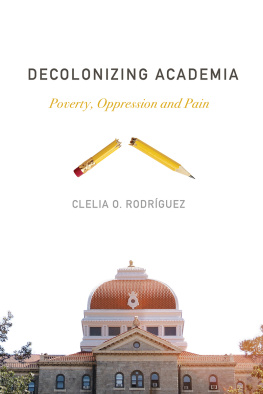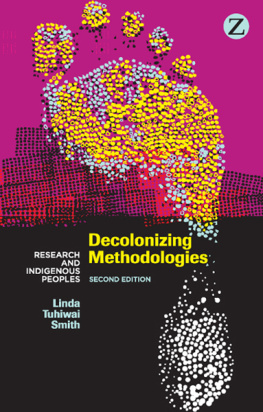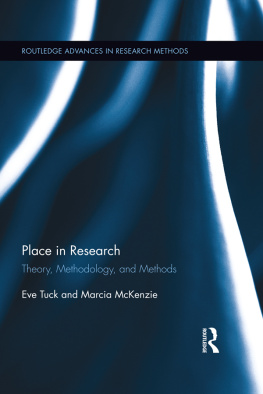Otrude Nontobeko Moyo
School of Social Work - IUSB, Indiana University South Bend, South Bend, IN, USA
Human Rights Interventions
ISBN 978-3-030-59784-9 e-ISBN 978-3-030-59785-6
https://doi.org/10.1007/978-3-030-59785-6
The Editor(s) (if applicable) and The Author(s), under exclusive license to Springer Nature Switzerland AG 2021
This work is subject to copyright. All rights are solely and exclusively licensed by the Publisher, whether the whole or part of the material is concerned, specifically the rights of translation, reprinting, reuse of illustrations, recitation, broadcasting, reproduction on microfilms or in any other physical way, and transmission or information storage and retrieval, electronic adaptation, computer software, or by similar or dissimilar methodology now known or hereafter developed.
The use of general descriptive names, registered names, trademarks, service marks, etc. in this publication does not imply, even in the absence of a specific statement, that such names are exempt from the relevant protective laws and regulations and therefore free for general use.
The publisher, the authors and the editors are safe to assume that the advice and information in this book are believed to be true and accurate at the date of publication. Neither the publisher nor the authors or the editors give a warranty, expressed or implied, with respect to the material contained herein or for any errors or omissions that may have been made. The publisher remains neutral with regard to jurisdictional claims in published maps and institutional affiliations.
Cover illustration: Korionov/shutterstock.com
This Palgrave Macmillan imprint is published by the registered company Springer Nature Switzerland AG
The registered company address is: Gewerbestrasse 11, 6330 Cham, Switzerland
Acknowledgments
Induku enhle inganyulwa ezizwenithis proverb translated to mean that a beautiful knobkerrie is sculpted from other soils. Meaning by stepping outside of the familiar environments, outside of ones socializations and opening up oneself to see a wider view of the world one begins to assume a critical appreciation of ones own experiences in realizing that symbolic beautiful knobkerrie by taking a decolonial turn. When I started this research project, I thought it would be the easiest book to write. Ubuntu, a concept that I thought I knew and have known all of my life. This journey has been a learning, unlearning, and learning anew the varied perspectives of Ubuntu.
I am grateful for the space to engage, learn, and write about perspectives of Ubuntu. Paying attention to the contexts that present diverse evocations of Ubuntu and the relationships that nurtured this work, I dedicate this book to the individuals, families, and communities that are attempting to weave their lives in the light of Ubuntu. I am grateful to the communities of Bhofolo and Enxukhwebe, eMpumakoloni, South Africa, and Southern African immigrants residing in the North East United States who shared their wisdom.
Another meaningful maxim, Izandla ziyagezana translated as one hand washes another, meaning in observing Isintu one thrives in mutual reciprocity as a value. This research project has span several years and across two universities where I have worked in the past decade. From the University of Wisconsin Eau-Claire, the International Fellows project funded the initial collaborative ethnographic research in Eastern Cape, which has informed most of this book. The University of MichiganFlint School of Education and Human ServicesSenior Scholar award funded the collaborative ethnographic work with Southern African immigrants in the North East US, which contributed to Chapter .
Umntu ngumntu ngabantuthe meaning I have come to appreciate instructivelya person is a person in community with others. The authorship of this book has relied on the wisdom of many. My deepest gratitude to the members of Pan African Association in the North East, United States who opened their homes and gave their time to this project, in particular, Sithandekile, Hadi, Zanele, Lukar, Chirwa, Flati, Mthusi, Tammy, and Fatuma. Others Godfrey Banda, MaDliwayo, and Lindiwe Krasin. Also, I am indebted to the social work department at the University of Michigan-Flint to all my colleagues and students who have been open to Ubuntu as a worldview.
My apprecitation to Pastor Sherman McCathern of Joy Tabernacle and Todd Womack in connecting Ubuntu as a foundational value to Ubuntu Village, Flint Northside.
In Eastern Cape, I acknowledge all the children, youth, and adults that have participated in Ubuntu Arts and Dialogues in Diversity over the years including, Okuhle, Lisa, Ntombizanele, Layola, Simnikiwe, Nosipho, Ntombizintle, Sphenathi, Gwiba, Lithemba. Over the years, the teachers and learners at Healdtown Comprehensive School for their gracious reception, especially, Principal Douw. The following individuals made this book project a learning success, Primrose Skotile, Nenekazi Gxashe, Babalwa Malawu, Nonie Mdazane, Sive Malawu, Bulewa Sigila, Bukelwa Sigila, Phyllis Maqhudeni, Nabe, Maziwe, Sifiso, Mr. Luvo, Khula, Mr. Fikile, Mr. Thumela, Ms. Mdazane, Rev. Tena, Janet Chisaka, Phephelaphi Dube and the late, Makhulu Nodanile Faku. All my colleagues at the social work department at the University of Fort Hare, Alice, Dr. Thanduxolo Nomngcoyiya, Pamella Mdlankomo, Mel Malambile, Mpiyane, Dr. Vuyokazi Lupuwana and Prof. Kangete. Over the years, US students on study abroad courses who have participated in Ubuntu Arts & Dialogues in Diversity, including Shanda Ransom, Lauren Rose Caldie, Joan Laundy, Kara Kraase, Carolyn Egan, Deb Stallings, Mary McKenzie, Moesha Woods, Quinn Deisler, Sarah Corturier, Jasyln Morris, Megan, Cooper, Fanta Doumbia, Breeyn Tinkle, Brianna Dodd, Angela Bohman, Christopher Sanjurjo Montalvo, Cassie Ableson, Christen Rachow, Roz Ivey, and Muneerah Ivy. Carolyn Egan and Patricia Woodside for their enthusiasm in living Ubuntu. I am grateful to Carson Waites for all the pictures and video recordings of this project and I hope to share the great footage in the near future.

